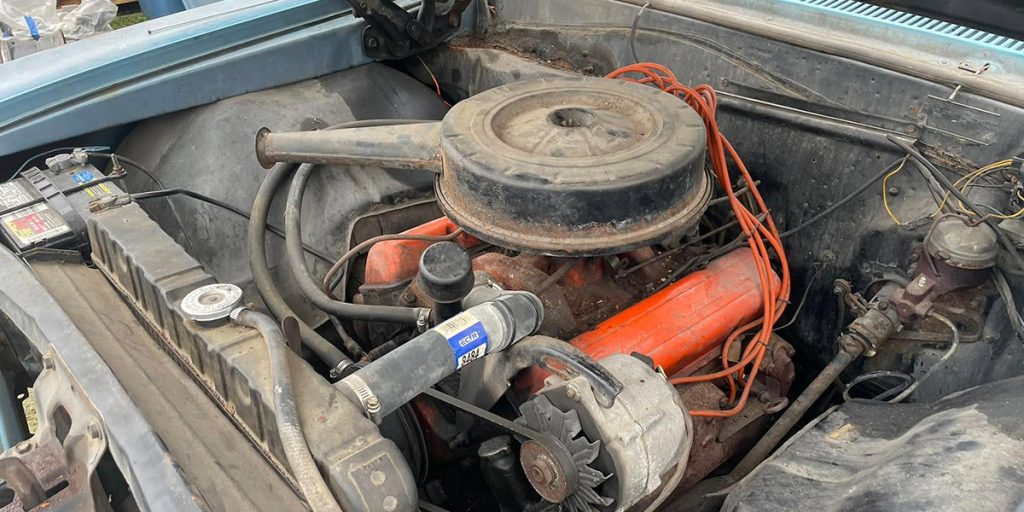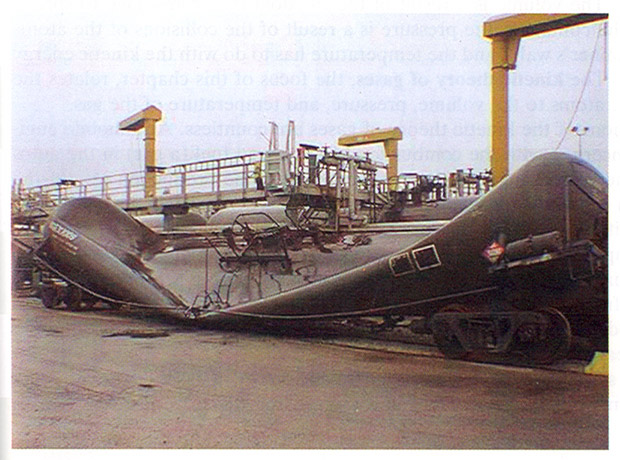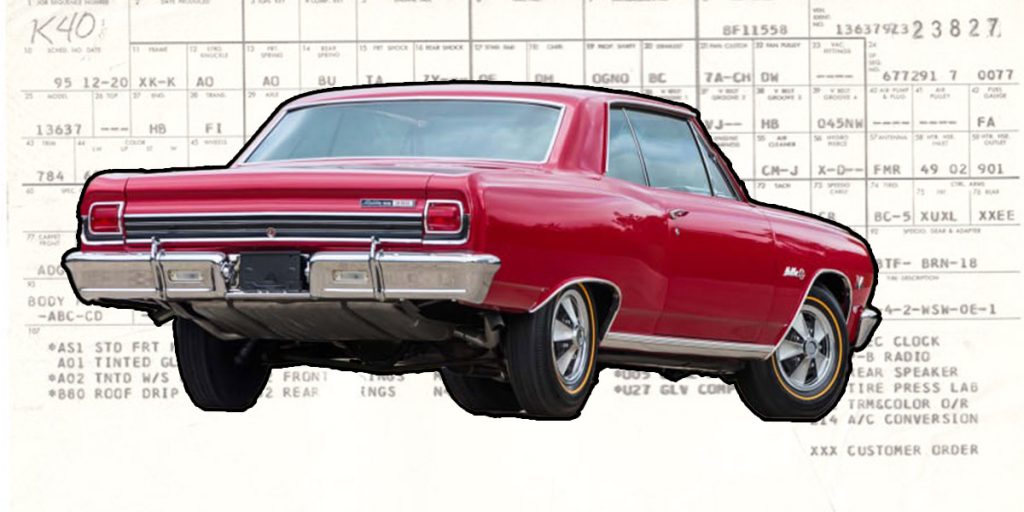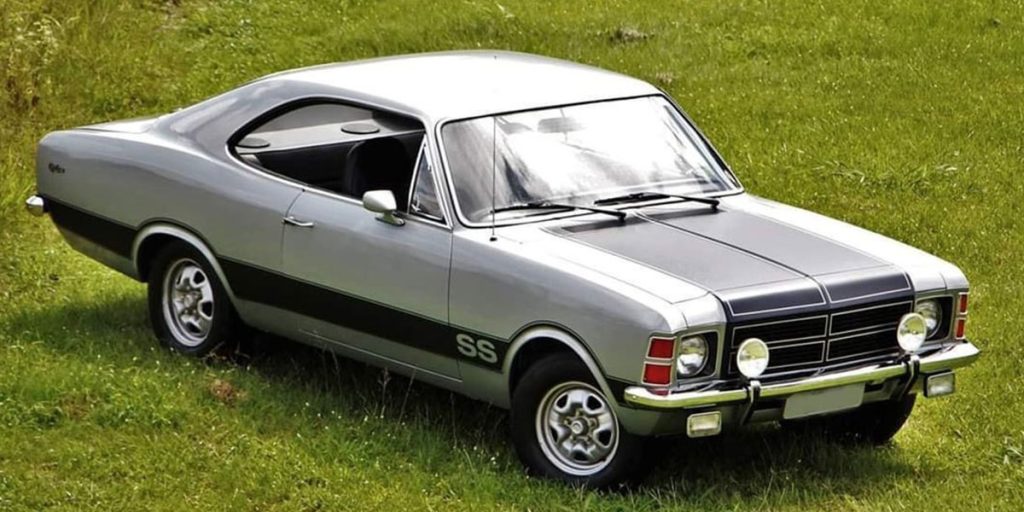
1964–1972 Chevelle Small Block Identification Guide
When it comes to restoring or verifying the originality of your Chevelle, correctly identifying the small block under the hood an important step. After all,
Last month, we discussed the differences between a Vented Vs. Non-Vented Gas Tank. In that article, we also discussed the difference between a Vented and Non-Vented Gas Cap. But what if you have a Non-Vented Tank, can you change it to a Vented tank? Or what if you have a Vented tank, can you change it to a Non-Vented tank?
Before we dive into that, let’s take a really basic look at the fuel system. The fuel tank holds fuel, and the fuel pump pulls that fuel from the tank to feed it to the engine. There has to be air allowed into the tank to replace the fuel that’s missing.

Imagine this: It’s a hot summer day and you grab a bottle of water and start chugging it down. As you’re drinking down the water, the bottle is collapsing because air can’t get into the bottle to replace the water that’s being drank. This same thing is happening with the fuel system. The fuel needs to allow for air to come in or out freely!
Now there are two main ways to accomplish this. Neither one is wrong as they both accomplish the same thing – venting the gas tank.
First: Non-Vented Tank with a Vented Gas Cap. This means the air can come in and out of the tank via the gas cap.
Second: Vented Gas Tank with a Non-Vented Gas Cap. This means the air can come in and out of the tank via the vent on the tank.
Generally on Pre-1970’s cars, the tank would be vented to the atmosphere. On the 1970s and newer models, the tank vent would go into a charcoal canister of some sort.
You could also have a vented tank and a vented gas cap – that won’t hurt anything. However, what you don’t want is a non-vented tank and a non-vented cap! That’s where you’ll have lots of issues, like in our water bottle example. At the end of the day, the biggest thing is that air is able to come in and out of the tank freely.
If you have any more questions, feel free to call our friendly techs at (203) 235-1200 or hop on our site at SS396.com!

When it comes to restoring or verifying the originality of your Chevelle, correctly identifying the small block under the hood an important step. After all,

1964–1972 Chevelle RPO Codes: A Complete Breakdown If you’re restoring, decoding, or just plain geeking out over a 1964-1972 Chevrolet Chevelle, then you’re probably checking

American muscle car’s didn’t just change the automotive landscape in America, it changed the global automotive industry forever. Born from a perfect storm of post-war
